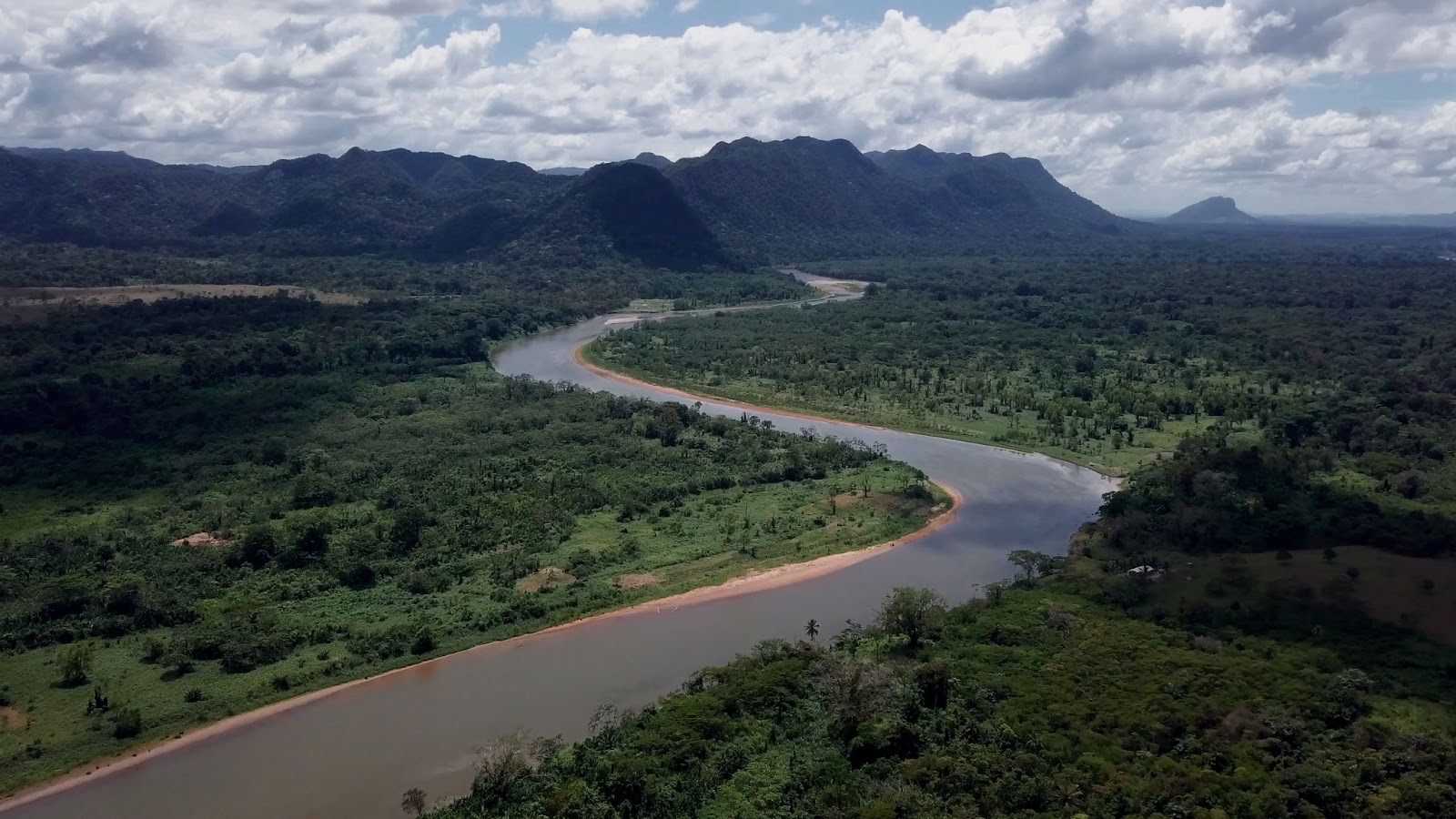Re:wild and WCS applaud bold plan to conserve unique natural and cultural heritage
Dubai, december, 7th, 2023.- The Honduran government has unveiled a transformative initiative this week at COP28 in Dubai to rescue and conserve the country’s largest forest, the Moskitia, which is one of Mesoamerica’s Five Great Forests and Central America’s second largest rainforest. The new initiative aims, in part, to put an end to deforestation and illegal cattle ranching in the Moskitia forest.
“Putting a stop to illegal cattle ranching driving deforestation in the Moskitia will change the course of history for Honduras, to the benefit of both wildlife and the cultural survival of the region’s Indigenous peoples,” said Chris Jordan, Re:wild’s Latin America director. “It establishes the country as a leader in addressing the primary threat to biodiversity and one of the main drivers of climate change, while also protecting a rainforest that can store tremendous amounts of carbon. We are thrilled to see Honduras take this step and looking forward to supporting their critical efforts.”

UNESCO designated the Moskitia a World Heritage site in 1980. The rainforest includes a number of Indigenous territories: those of the Miskitos, Pech, Tawahkas and Afro-Honduran Garífunas.
According to recent research by WCS, over the past 20 years, illegal land grabs by cattle ranchers, sometimes linked to organized crime, has resulted in the destruction of 25% of the Moskitia’s forests. Ninety percent of the total deforestation of the Moskitia is the result of clearing for illegal livestock.
In response, in its first year and a half, the administration of Honduran President Xiomara Castro has spearheaded conservation and defense efforts through the Forest Conservation Institute (ICF) alongside military forces and a Task Force against Environmental Crime. Notable achievements include a 66% reduction in deforestation within the Río Plátano Reserve—a protected area in the Moskitia—and the establishment of the First Environmental Protection Battalion.
“Using its own resources, from 2022 to 2023 Honduras has reduced deforestation in the core zone of Rio Plátano Biosphere Reserve by 66%,” said Luis Soliz, director of the Honduran Forest Conservation Institute. “Now we request international cooperation to scale up these impacts for the benefit of future generations, striving for a harmonious coexistence of the environment, Indigenous rights, and sustainable development.”
At COP28, President Castro announced an ambitious new strategy to scale up these efforts, committing to ending deforestation and eliminating illegal cattle ranching by 2030, and recovering and restoring 247,100 acres (100,000) hectares of land currently occupied by illegal cattle ranches. The initiative seeks to transform lands used for cattle ranching into agroforestry systems that provide sustainable livelihoods, economic income, and food security for local Indigenous communities, as well as promoting employment in forest-compatible activities. Furthermore, the government is hoping to design a sustainable financing mechanism that will generate between $7 and 10 million annually to ensure the longevity of this initiative.
“We congratulate the Castro administration for making a bold commitment to protect and transform the Moskitia,” said Jeremy Radachowsky, director of Mesoamerica and the Caribbean for WCS. “This ‘more trees, fewer cows’ approach has the opportunity to holistically address endemic threats of environmental degradation, insecurity, and outmigration and bring justice for the region’s Indigenous communities, benefiting people, nature, and the global climate.”
The Moskitia, which crosses the Honduran border into Nicaragua, extends nearly 5.2 million acres (2.1 million hectares). It is one of the five largest forests in Mesoamerica and one of the last wild places in the region. It contains expansive areas of intact, primary forest and is a safe haven for a number of threatened species, including the endangered Baird’s tapir, giant anteater, harpy eagle, jaguar, spider monkey and the national bird, the scarlet macaw. The diversity and uniqueness of wildlife in the Río Plátano Biosphere Reserve has earned it the designation of a Key Biodiversity Area, a place critical to the persistence of biodiversity and to the overall health of the planet.
Animal agriculture is responsible for 90% of deforestation in Mesoamerica, an ecological region that extends from southern Panama up to Southern Mexico. WCS, Re:wild and the Mesoamerican Alliance of Peoples and Forest recently launched the Indigenous-led More Trees, Fewer Cows campaign, which raises awareness about and takes action against illegal livestock activities in Indigenous Territories and protected areas in Mesoamerica. It aims to hold governments and companies accountable and strengthen Indigenous rights and their capacity to manage and defend their territories against threats like cattle ranching.
Re:wild has also launched an initiative called Re:wild Your Fridge to help individuals make more climate-and-biodiversity-friendly decisions in their diet.
Re:wild: Re:wild protects and restores the wild. We have a singular and powerful focus: the wild as the most effective solution to the interconnected climate, biodiversity and human wellbeing crises. Founded by a group of renowned conservation scientists together with Leonardo DiCaprio, Re:wild is a force multiplier that brings together Indigenous peoples, local communities, influential leaders, nongovernmental organizations, governments, companies and the public to protect and rewild at the scale and speed we need. Learn more at rewild.org.
Wildlife Conservation Society (WCS): WCS combines the power of its zoos and an aquarium in New York City and a Global Conservation Program in more than 50 countries to achieve its mission to save wildlife and wild places. WCS runs the world’s largest conservation field program, protecting more than 50 percent of Earth’s known biodiversity; in partnership with governments, Indigenous People, Local Communities, and the private sector. Its four zoos and aquarium (the Bronx Zoo, Central Park Zoo, Queens Zoo, Prospect Park Zoo, and the New York Aquarium ) welcomes more than 3.5 million visitors each year, inspiring generations to care for nature. Founded in 1895 as the New York Zoological Society, the organization is led (as of June 1, 2023) by President and CEO Monica P. Medina. Visit: newsroom.wcs.org. Follow: @WCSNewsroom. For more information: +1 (347) 840-1242. Listen to the WCS Wild Audio podcast HERE.